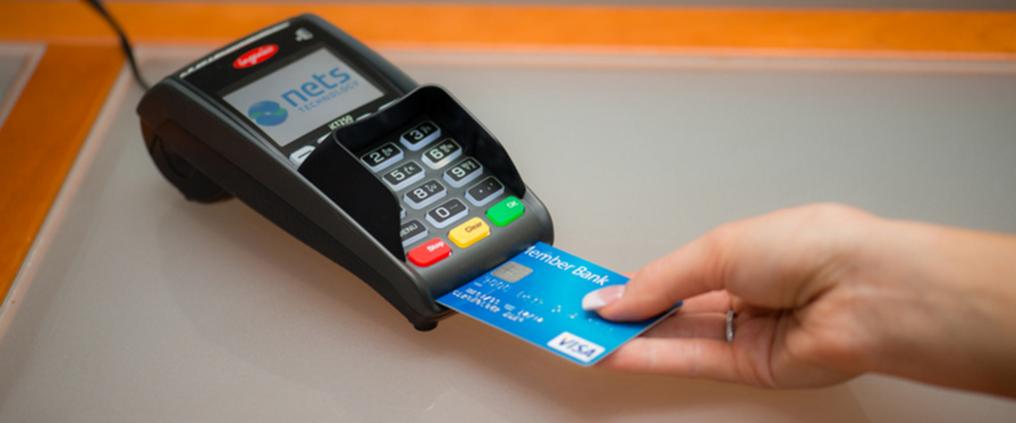In tandem with the ever wider adoption of payment cards, their misuse has become more and more common.
The Internet abounds with malware designed to snatch card numbers and other identifying information, which miscreants can then use to, for instance, buy flight tickets online or goods that are easy to exchange for money.
PIN codes can be captured through a peek over the shoulder while someone is using a cash machine or a restaurant or shop’s PIN pad. Once the code is obtained, the card can be stolen (various hoaxes make this easier) and then used with its PIN.
The term 'skimming' refers to copying the magnetic stripes of cards. Thieves install devices for this at cash points, alongside cameras to capture PIN codes. They return later and can use this information to produce fake cards to use just like the real thing.
You can minimise the risks
When travelling, have more than one card with you, to ensure that loss or theft of a card doesn’t completely paralyse your financial abilities. Also, it's usually possible to set a daily limit for withdrawal with debit cards.
The following basic guidelines can help to prevent others misusing your cards:
- Never have all the cards on you at the same time. Leave some in a secure place, such as the safe in your hotel room).
- Keep your PIN code separate from the card; memorising it is the safest option.
- Cover your hand when entering the code, and don't let your card out of your sight when paying – for example, at a restaurant.
- Be on your guard if an unknown person offers to help you use the cash machine, carry your bags, etc. Many such people are trying to get their hands on payment cards.
- Always handle your wallet and cards with care and without attracting attention in public places.
- Check regularly that your wallet and cards are still safe.
- Check the sum before approving any payment, and keep the receipts for checking later against your statement. Also, get receipts for any unsuccessful payment attempts. If anything about a charge seems odd, contact your bank immediately.
- Never use so-called unlicensed (illegal) taxis. They involve great risk of your card ending up in the wrong hands.
Inform your bank about lost cards without delay
Accidents happen, no matter how careful a card-owner is. So it’s a good idea to note the blocking-service numbers supplied for your cards, keeping these details in a separate, convenient place.
If you lose your card or it gets ‘eaten’ by a cash machine while you're abroad, you must contact the associated blocking service (24 h), help line, or bank branch. This transfers the responsibility for any later misuse from the card-holder to its issuer.
If you suspect that your card has been stolen, report the matter to the police too.
Always monitor the transactions on your account for any misuse or fraud attempts.
Sources of further information: Nets Oyj, the Finnish National Bureau of Investigation, Korttiturvallisuus.fi
